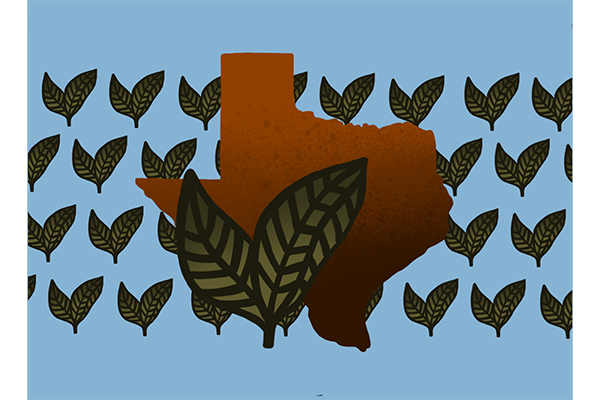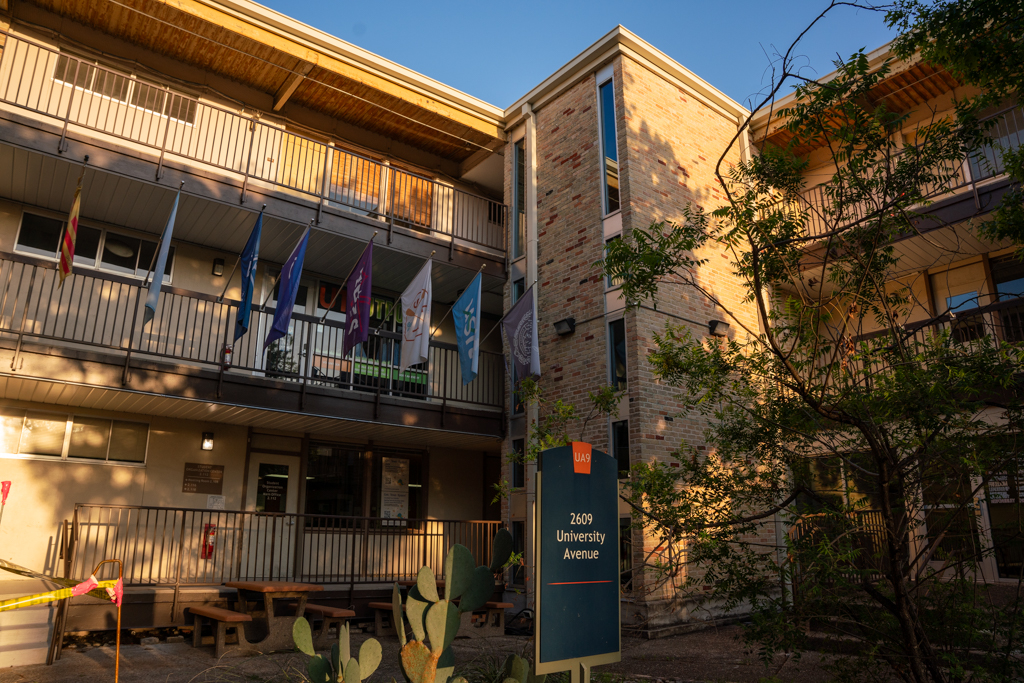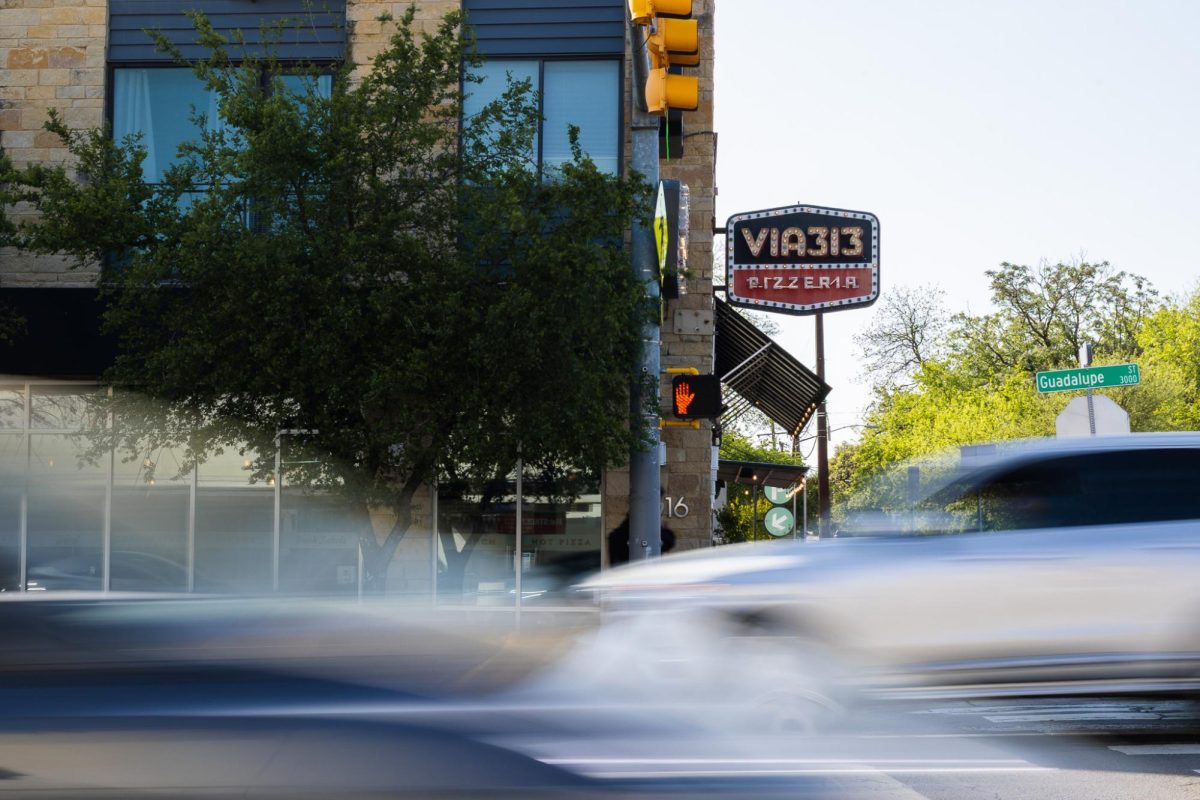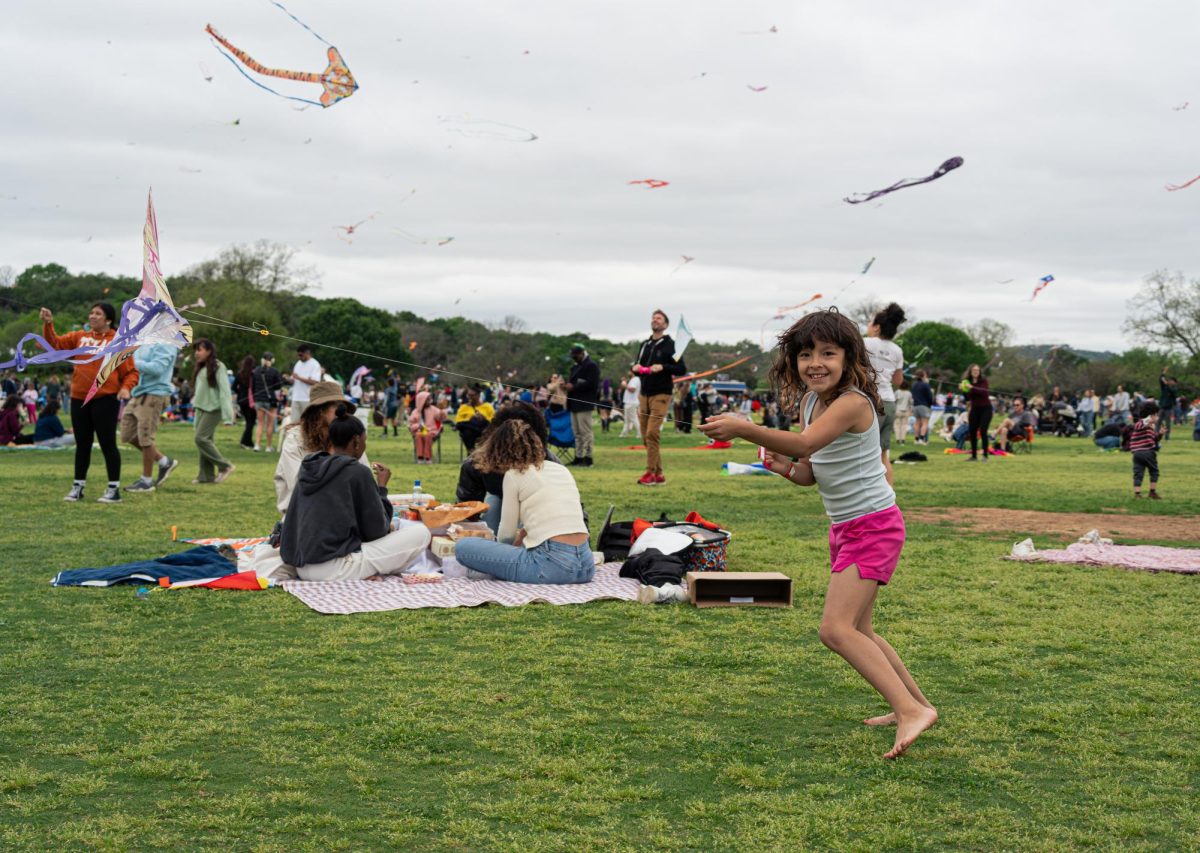UT will conduct a community health needs assessment on tobacco use disparities among the LGBTQ+ population in Austin after the Austin City Council voted in favor of the study Feb. 4.
The Gender, Sexuality and Behavioral Health Lab is conducting the assessment through focus groups made up of Austin community members. According to the Centers for Disease Control and Prevention, 20.5% of lesbian, gay and bisexual adults smoke cigarettes compared to 15.3% of straight adults. The report said limited information exists on cigarette smoking prevalence among transgender individuals.
Stephanie Helfman, manager of the Chronic Disease and Injury Prevention program at Austin Public Health, said Austin Public Health received the grant from the Texas Department of State Health Services to conduct this study because tobacco is the leading preventable cause of death in Travis County.
Michael Parent, assistant professor of educational psychology, said multiple studies have already shown increased tobacco use in LGBTQ+ communities, but the lab will be focusing on why these disparities exist.
“The end goal is to provide strategies that can be used to address this health disparity, this persistent high level of tobacco use, and then incumbent costs to the health care system of that elevated use,” Parent said.
Lexie Wille, educational psychology graduate student, said they are focusing on the age ranges of 18-24 and 50+ because the different demographics have different needs.
“(We want) to make sure that we’re not assuming that we can apply the same intervention to a broad swath, (and) that it’ll be helpful and beneficial for all LGBT folks,” Wille said.
Wille said the lab is focusing on nonbinary individuals, transgender individuals and people of color within the LGBTQ+ community because they are underresearched.
“We’re seeing significant disparities in mental and physical health in trans and nonbinary folks,” Wille said.
Wille said that as a member of the LGBTQ+ community, she is excited to see researchers and public health officials working together to help create change in the community.
“We’re not going into the community and saying, ‘Here’s what we think you need, here’s some resources,’” Wille said. “We’re asking them what they need with the idea that then Austin Public Health and (the) City Council (are) committed to meeting that need.”
Helfman said after Austin Public Health receives the data from the needs assessment, they will form a community coalition to help them identify what programs need to be in place.
Editor's Note: This story first appeared in The Daily Texan's February 12 print edition.





















